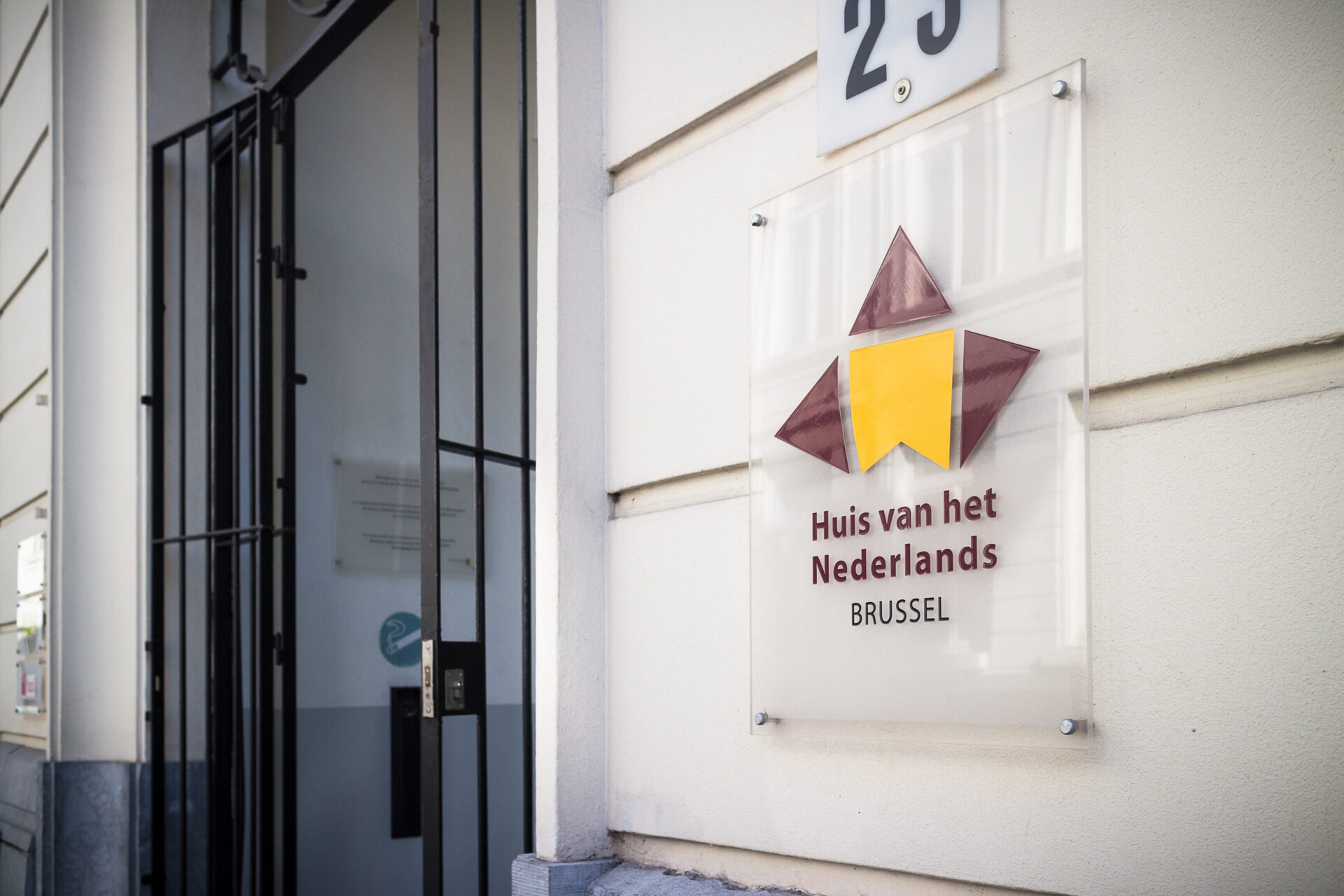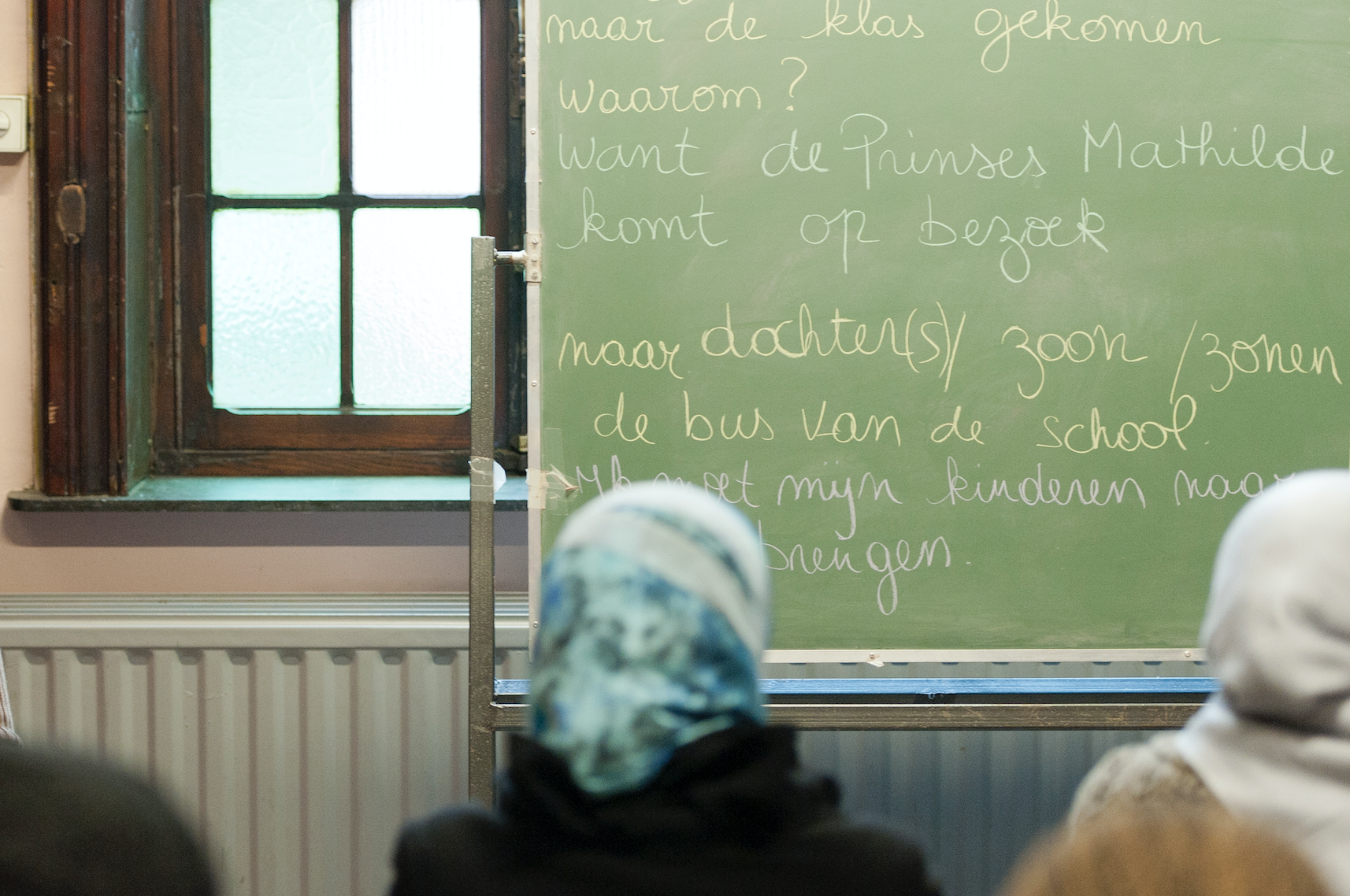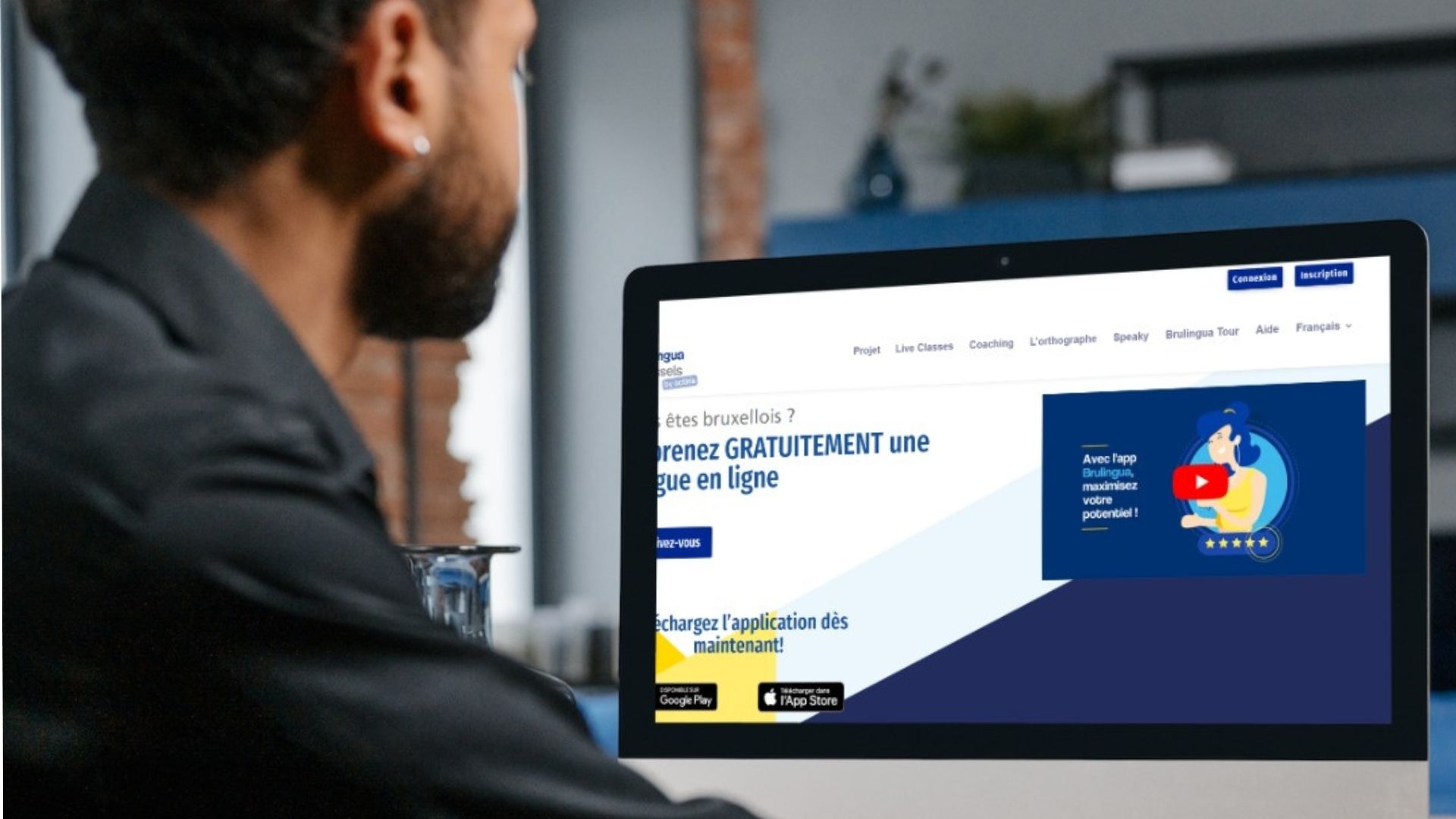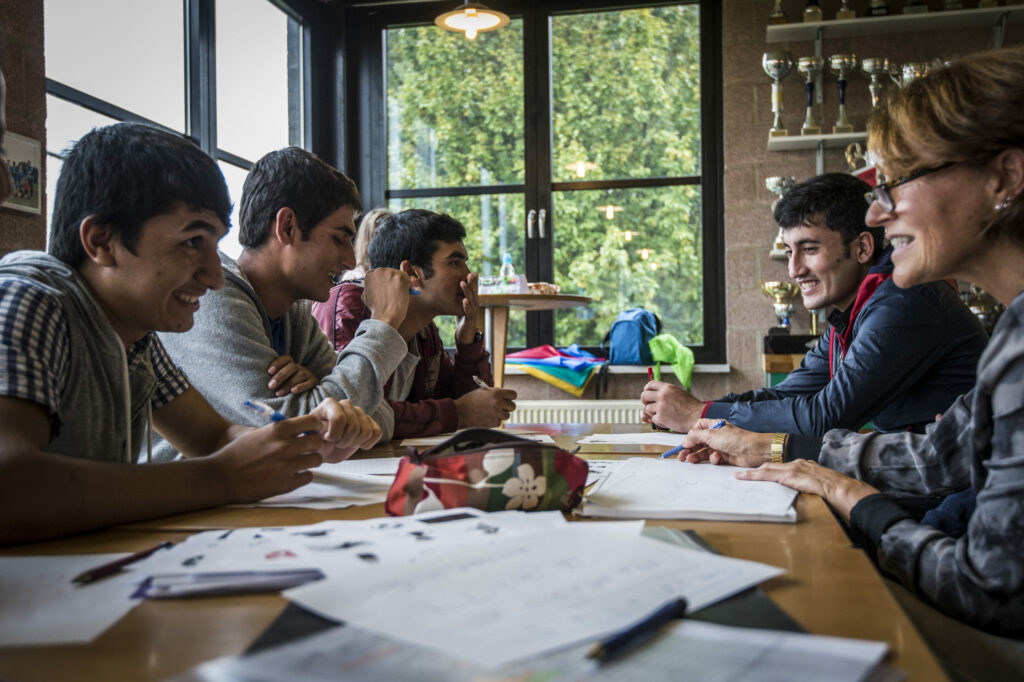Navigating the quirks and complexities of Brussels life becomes considerably easier with a strong grasp of the two official languages: French and Dutch. But which services are on offer to non-natives in the city hoping to pick up one of these languages?
With Belgian nationality increasingly sought after and language learning forming an integral part of the road to citizenship, residents are often on the hunt for good, affordable options to learn the country's official languages.
The rules are also tightening, as the Flemish Government is raising the required Dutch speaking level to B1 (according to the Common European Framework of Reference for Languages) for newcomers to Belgium who are following an integration programme.
Furthermore, language skills are a prerequisite for applying for social housing or as part of a pathway to finding work with employment services. The Brussels Times has therefore compiled a guide to help you know where to look.
Language schools
The government-subsidised Enseignement de Promotion et de Formation Continue (EPFC) is located in the Brussels municipality of Saint-Josse-ten-Noode. It boasts decades of teaching experience, having offered French lessons to non-natives since 1963.
The in-person courses are offered both during the day and in the evening at flexible hours. For all first-time registrations there is a one-off fee of €32 per academic year and per student. Levels 1 and 2 cost €98.69, and levels 3 to 9 are priced at €132.29. The price increases to €151.49 for levels 10 and 11.
Belgium's largest language school, CLL, has trained tens of thousands of adults and children using its unique methods, and offers tailor-made support to each student to speak the language of their choice. Group/individual courses can be adapted to your level and goals, and can be taken either in person or remotely.
Government-backed agency Huis van het Nederlands is one of the best-known institutions that teaches Dutch as a second language at all levels. Based in Brussels, the agency provides information about different courses, levels, and whether you are looking to learn quickly or at a slower pace, and through oral or written courses.

Huis der Nederlands in Brussels. Credit: Belga / Siska Gremmelprez
There are also more than 100 schools in Brussels where over-16s can follow Dutch lessons via CVO courses, taught at fixed hours during the week (during the day or in the evening). The programmes are divided into ten levels, ranging from absolute beginner to advanced and with different levels of intensity. Lower levels are free for Brussels residents.
People looking for more intensive classes can sign up for the University Language Centres (located in Brussels, Leuven, Antwerp and Ghent). These offer Dutch language courses for fast-learning adults at all levels. A module costs around €230.
Ligo (Centre for Basic Education) is a specific service for non-native, low-skilled adults (it offers adapted courses for people who cannot read and write in their own language) who want to learn to understand, speak, read and write Dutch for everyday situations. There are 13 Ligo centres in Flanders and Brussels.
There are also numerous private Dutch-language schools.

Language classes at the community centre 'De Vaartkapoen - Caleidoscoop' Molenbeek-Saint-Jean. Credit: Belga/ Eric Lalmand
Language exchanges
Aside from organising classes, Huis van het Nederlands also organises free "Babbelut conversation tables" at seven locations across the city (and online), either during the day or evening.
In the sessions, participants engage in conversation – either about topics of their choice or specific themes which change every week. They are guided by Dutch-speaking volunteers who assist where needed.
There are also Facebook pages and meet-up groups that aim to bring together people who are looking to practise Dutch in Brussels. Activities include improv sessions or even learning Dutch by singing and are regularly posted with information on how to sign up or join. These activities are usually free.
University summer course
Since 1947, the Université Libre de Bruxelles (ULB) has organised annual intensive French summer classes for anyone aged 16 and older. This year, 60 hours of lessons with experienced teachers will run from 12 July to 1 August. It is possible to book accommodation on campus.
The courses focus on improving oral and writing skills, while also offering an insight into French and Belgian culture and literature, music, cinema, art and linguistics. The programme costs €760 (+ €540 for accommodation).
Virtual
The Wallangues project is an initiative of the Walloon Region. It organises free and engaging activities, allowing people to meet other learners and practice with dedicated trainers, as well as virtual language exchanges.
CLL's platform organises a Sunday morning cultural programme, held remotely but 100% live with a trainer, allowing learners to converse on cultural topics.
Brussels' very own Duolingo
For those who prefer solo studying at their own pace, the Brussels-Capital Region has its own e-learning platform where residents can learn 22 languages free of charge. Asylum seekers and refugees also have access to the service, as it forms part of Actiris' wider integration programme.
Brulingua was first launched by the regional employment office Actiris in 2013 to make jobseekers more employable. Dutch remains the platform's most popular language (44% of users), followed by French (34%) and English (26%).

Credit: Brulingua / Facebook
People can use the platform according to their individual learning needs, whether personal or professional. There is a website and app, so people can learn at home or on the go.
The platform offers live classes with small groups and teachers, videos and articles, interactive exercises, quizzes and more. The 'Speaky' tool also enables people to connect with native speakers and put their skills into practice.

